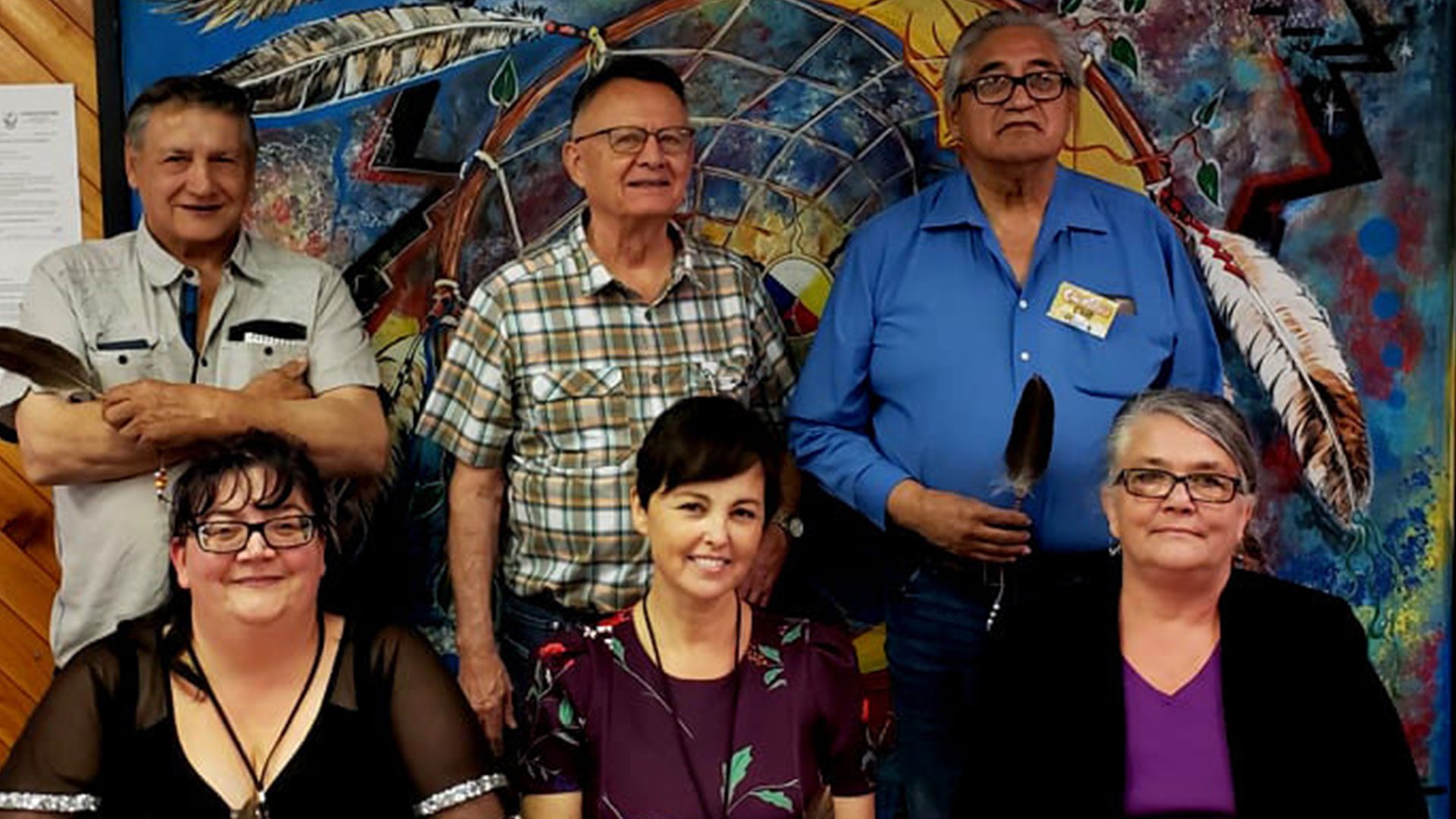Chief Calvin Bruneau has been the chief of Papaschase First Nation, a band without a home outside Edmonton, Alta., for more than a decade.
His band’s story goes back to 1889 when their land was sold by the federal government to settlers.
Bruneau says the Papaschase people were starving and had no choice but to take script (cash for land) to survive. Members went to the nearby Enoch Cree Nation and other reserves.
He and his predecessors have been lobbying Canada to recognize them in hopes of reclaiming their land and having a voice.
Bruneau says a second group formed in 2019 who call themselves Papaschase First Nation #136 association do not represent his people.
“We’ve been dealing with a group that purports to be descendent. And we’ve asked them to prove it and they can’t.”
Chief Darlene Misik says she represents more than 1,200 members. She was elected chief in 2021, alongside a council. She says she’s helping members prove that they are rightful descendants.
“We keep getting new members who are signing statutory declarations. Our members have two years to verify their genealogical ancestry,” she tells APTN News. She says her group can’t afford to do the research themselves and refer members to genealogical associations.

Bruneau says having a second group is causing confusion with two separate voices.
“We have been trying to rebuild our Nation. And we are trying to develop relationships and bring back our people… and then you have a group like this claiming to be who we are, it causes a lot of confusion,” he says.
Bruneau says the group is trying to take credit for his work.
There have been lawsuits launched from both sides.
In April of 2021, a federal judge dismissed the new group’s lawsuit against the Crown asking for recognition and compensation.
Misik says they have appealed the decision.
She says she is open to resolving the situation with Bruneau.
“We would like to, of course, it’s always open to discussion,” she says. “One thing we did say to him, let’s meet and discuss the concerns and have another election.
“It was just point blank, ‘we don’t hear you. You don’t exist,’” she says.
APTN reached out to Indigenous Services Canada for comment but did not hear back.










